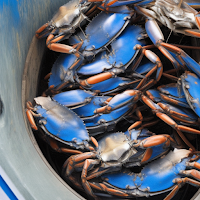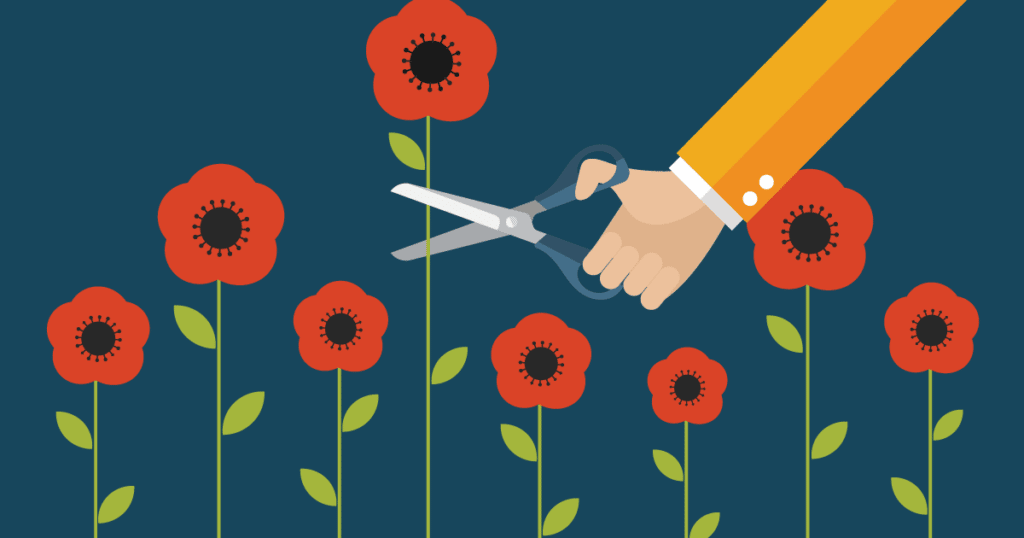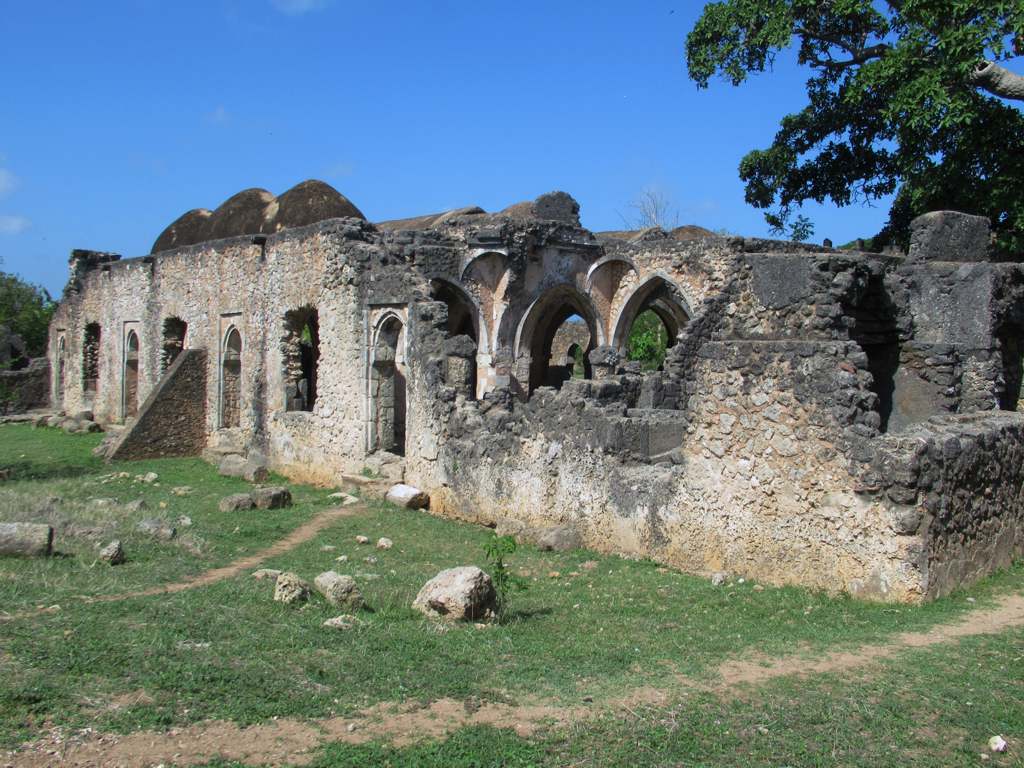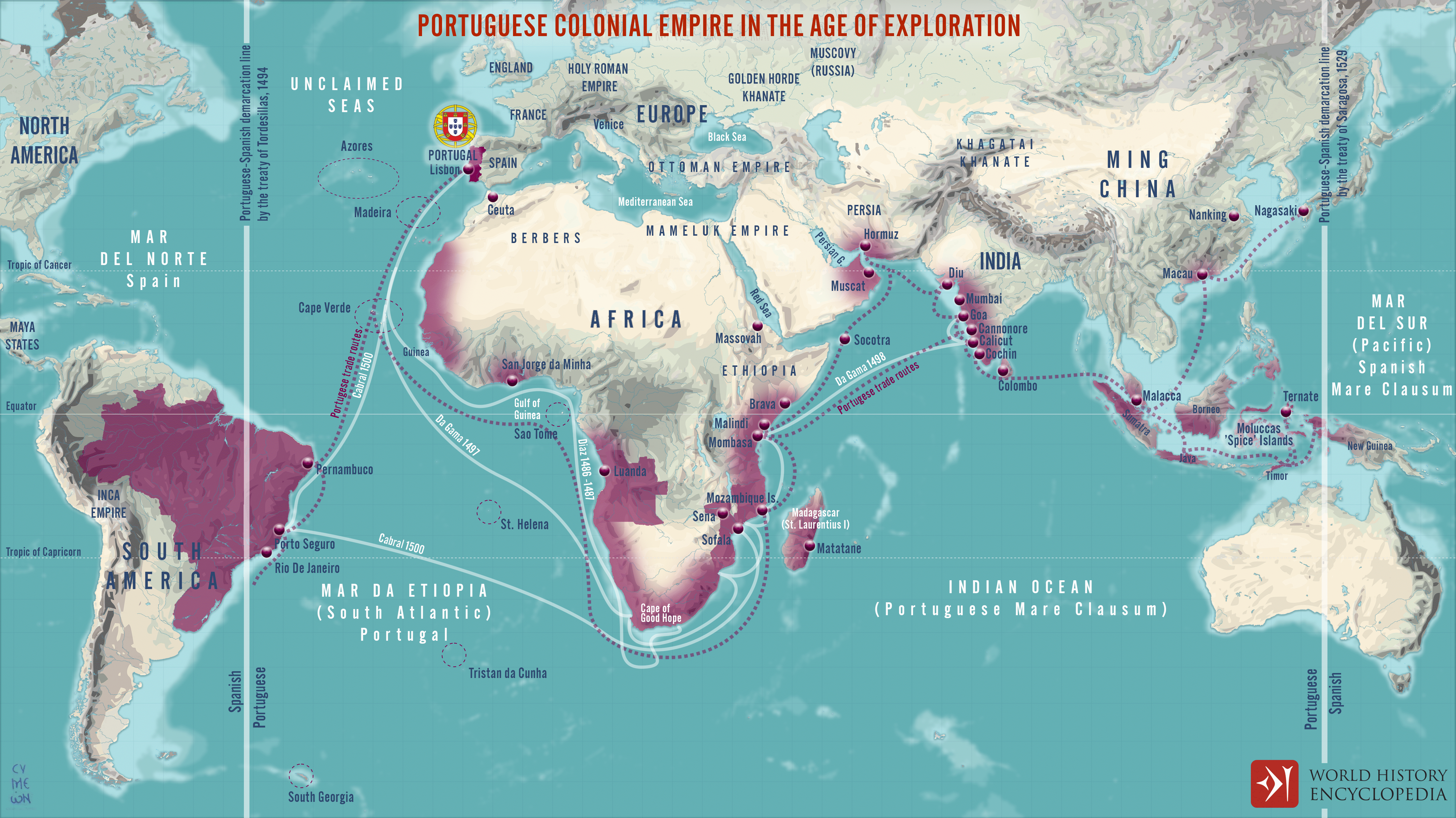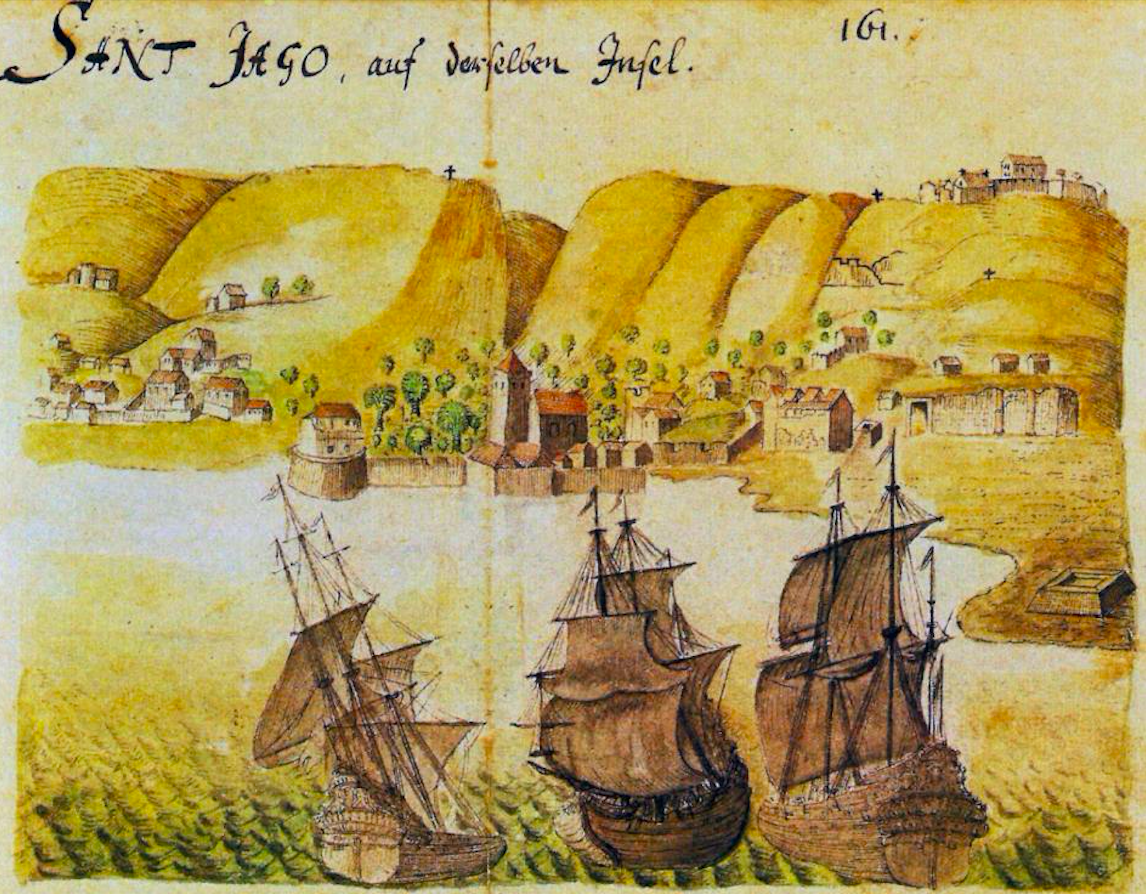What is a blue economy?
The blue economy is, the economic activity that takes place within and around the oceans, the sustainable use of ocean resources for economic growth, improved livelihoods, and jobs. Somalia has a long coastline and a rich marine environment, which makes it well-positioned to benefit from the blue economy. It includes activities such as fishing, shipping, tourism, offshore energy development and marine research.
Somalia has a long coastline, rich marine environment and a large exclusive economic zone (EEZ). The country's waters are home to a variety of fish species, as well as coral reefs and other marine life. This means that Somalia has a lot of potential to benefit from the blue economy. These resources could be used to develop a sustainable blue economy that benefits all Somalis.
Some of the ways Somalia can benefit from the blue economy include:
- Fishing and aquaculture: Somalia has a large and untapped fishing industry. The country could develop its fishing industry by investing in modern fishing vessels and equipment, training fishermen, and building processing facilities. The country can export fish, lobster, and other marine products to other countries. Somalia could also develop its aquaculture industry by building fish farms and hatcheries.
- Maritime transport: Somalia is a major shipping hub in the Indian Ocean. The country could develop its maritime transport industry by investing in port infrastructure, improving port efficiency, and developing a coastal shipping industry.
- Offshore oil and gas: Somalia has significant offshore oil and gas reserves. The country could develop its offshore oil and gas industry by investing in exploration and production, building a pipeline infrastructure, and developing a gas processing industry.
- Tourism: Somalia has a beautiful coastline and a rich marine environment. The country could develop its tourism industry by investing in coastal resorts, developing dive sites, and promoting its natural beauty.
- Research and development: Somalia could develop its research and development capacity in the blue economy. The country could establish a blue economy research institute, fund blue economy research projects, and support blue economy entrepreneurs.
The blue economy can help Somalia to create jobs, boost its economy, and protect its environment. The country can also use the blue economy to improve its infrastructure, such as its ports and roads. The blue economy can also be used to improve Somalia's security. The country's coastline is a major smuggling route, and the blue economy can help Somalia to combat smuggling and piracy.
Building Strong Partnerships
The resources of the blue economy could be shared among federal member states in a number of ways:
- Create a national blue economy fund: The national fund would provide financial resources to support the development of sustainable blue economy projects. This fund would be used to finance projects that benefit the blue economy, such as projects that improve the country's infrastructure or that support the country's fishermen.
- Create a blue economy council: The council would bring together federal member state representatives to discuss and coordinate blue economy development.
- Create a national blue economy strategy: This strategy would outline how the country's blue economy resources will be used and shared.
- Creating a national marine management plan: A national marine management plan would identify the resources of the blue economy and how they can be used sustainably.
- Developing a system of marine protected areas: Marine protected areas would help to protect the marine environment and the resources that it supports.
- Providing training and support to fishermen and other marine workers: Training and support would help to ensure that the resources of the blue economy are used sustainably.
Growth Throught Export Opportunities
Somalia can export fish to other countries in Europe, Asia, and Africa. The country's ports are located on the coast of the Indian Ocean, the Red Sea and they are well-positioned to export fish to other countries in the region.
The country's fish exports are currently limited by a number of factors, including the lack of a strong fishing industry, the lack of infrastructure, and the lack of access to markets. However, there is potential for Somalia to increase its fish exports in the future.
The first step is to improve the fishing industry. This could include investing in new fishing vessels, training fishermen, and providing access to markets. Another thing is to improve infrastructure. This could include building roads, bridges, and ports. This could include negotiating trade agreements with other countries, or by participating in trade fairs. Another way is to export fish to processing plants in other countries, where the fish can be processed into products such as canned fish or fish meal.
The blue economy has the potential to create jobs, boost economic growth, and improve the livelihoods of Somalis. By investing in the blue economy, Somalia can unlock its potential and build a more prosperous future.
By: Abdirahman Dahir (Samawade)
Entrepreneur | Activist | SpacesHost
@AbdiSamawad



